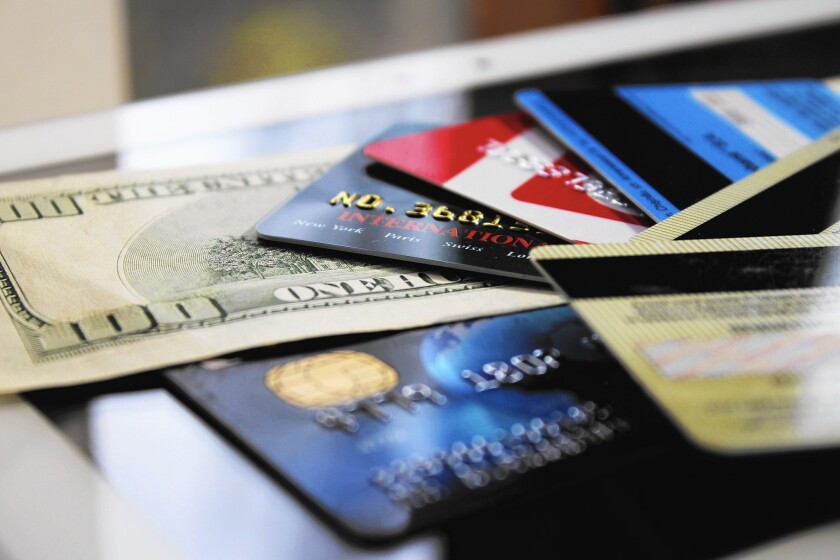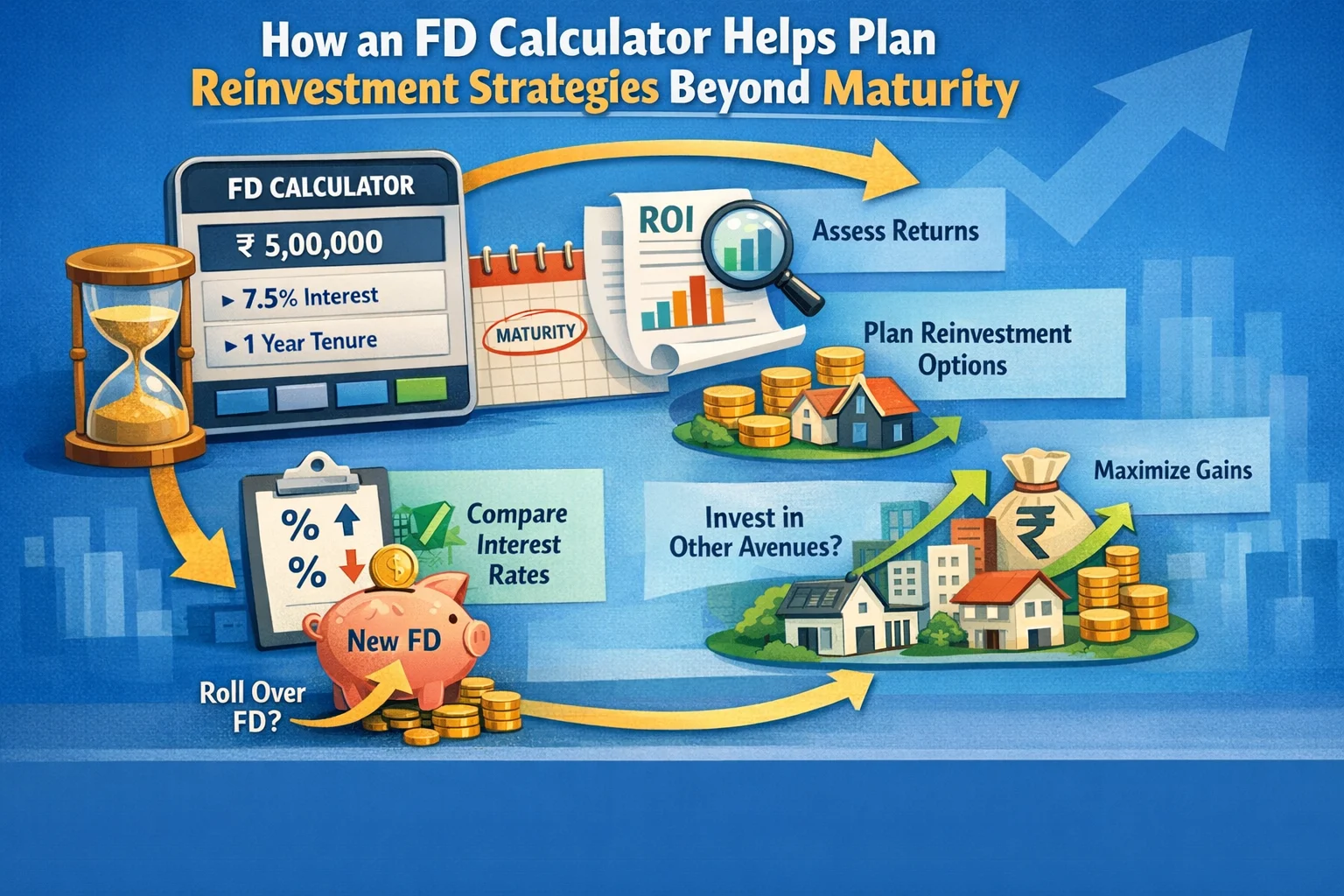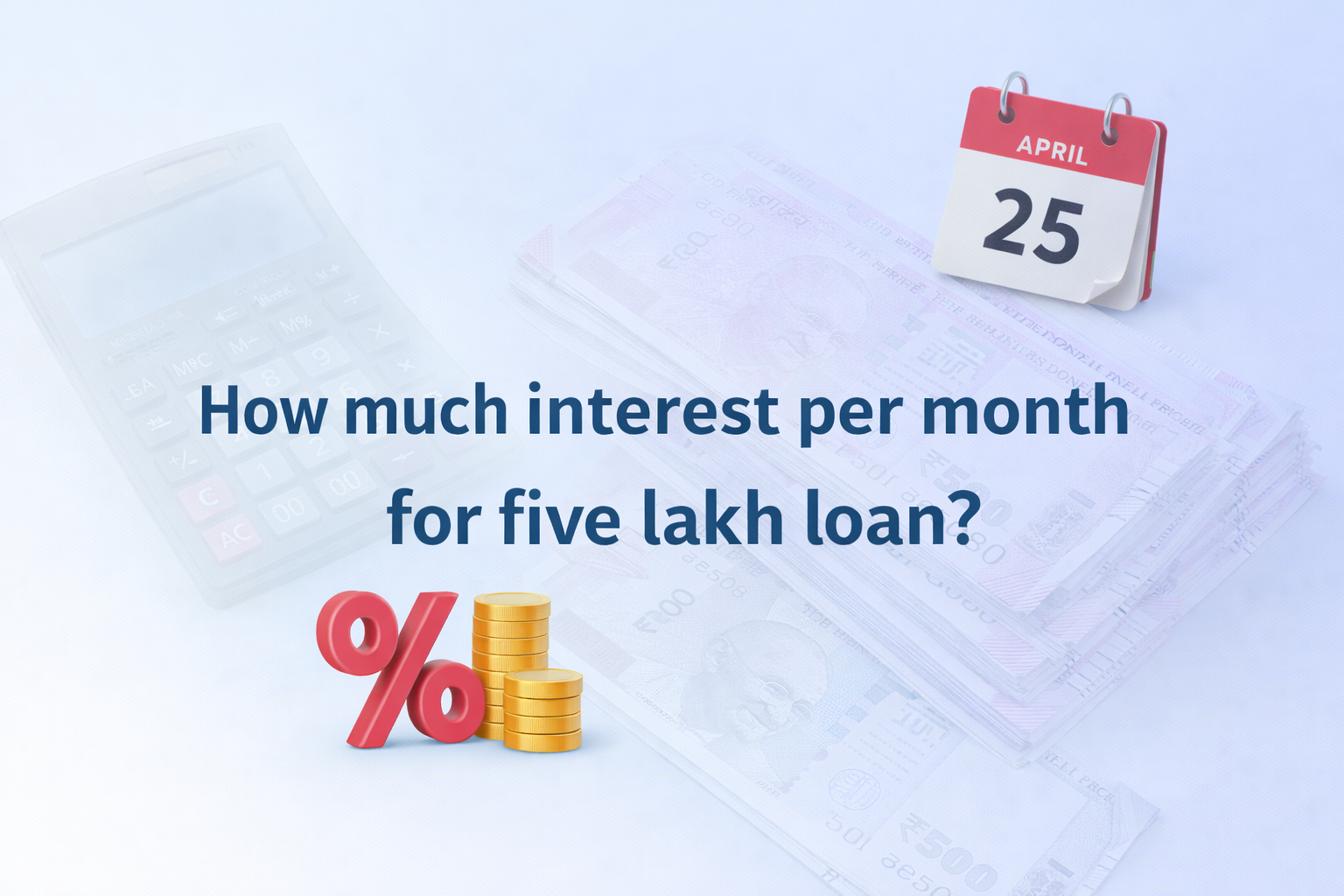So many of us rely on our credit cards for purchases. After all, the fact that you can pay now and worry about it later is undoubtedly alluring. But in the UK, statistics show that the average household credit card debt is £2,033, highlighting the fact that we could all probably do something about our credit card spending habits. So, to help you out, here are some of our top tips for staying in control of your credit card expenses.
Budget
The best way to improve your financial management is to create a monthly budget. Knowing precisely how much you spend and earn every month puts you in complete control of your finances and is crucial when it comes to trying to reduce your credit card expenditure. You can set up a simple spreadsheet or use a comprehensive budget app; it’s entirely up to you. But accounting for your income every month means you can be less reliant on your credit card, which is undoubtedly a good thing.
Check your statements
While lots of us check our current account statements regularly, not everyone takes the additional step to review their credit card statements. But doing so shows you exactly how much interest you’re being charged, as well as how close to your credit limit you are. This can motivate you to keep on top of your expenditure and increase the amount of your credit card debt you pay off each month going forward.
Create spending limits
After compiling your monthly budget, it’s helpful to create a spending limit for your credit card. Be it £10, £100, or £1,000, you need to set a limit that is relative to your income. The biggest issue with credit card debt is that it can get out of hand really quickly, so being disciplined with your spending and repayments is vital. Limiting your expenditure and being consistent with your repayments is a good way to improve your financial management in the long run.
Pay back more money
Instead of making the minimum payment on your credit card each month, get into the habit of paying back more money. Paying back the minimum is essentially a way of servicing your debt instead of eating away at it. When you’re creating your monthly budget, make sure you allow for some additional funds to contribute to your credit card debts. Even if it’s a relatively small amount, it will make a big difference to how quickly you can get out of credit card debt.
Is debt consolidation a good option for you?
If you owe money on multiple credit cards, you may consider consolidating credit card debt into one manageable loan. When done correctly, a loan for debt consolidation can save you money by lowering interest rates and making it more convenient by combining many payments into a single monthly payment. Unsecured personal loans are perfect for debt consolidation, and you can check how much you can borrow today from a lender like Koyo Loans.
The bottom line is that managing your credit card debt isn’t easy, but it’s not impossible, either. We hope the steps that we’ve introduced above will help you keep on track of your credit card finances and hopefully work towards less debt in the near future.




